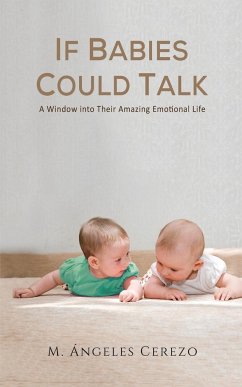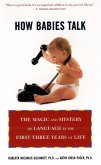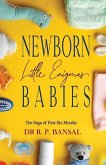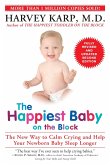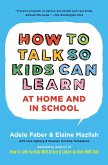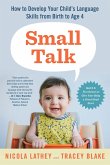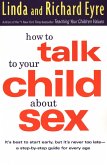If we suspend disbelief for a brief moment, cast our imaginations into a magical world where babies could talk to each other and just for the time it takes to read this book, we could see 'their world', what would happen? After reading it, we might just appreciate better what babies need and how we can respond to them. In this book, Dr. Cerezo, professor of psychology, gives a 'voice' to babies who chat in a humorous way about their emotional lives and how they are getting on with their caregivers. This is not a book about raising children but rather it is an account of what science tells us, using their 'voices' and 'experiences', about their emotional development. This strategy aims to help adults understand babies' minds better and to reflect on how to attune with them. The book covers the first year of life and presents several real-life scenarios where there was mis-communication between babies and caregivers. By reflecting on these stories, the reader will gain new insights into how babies connect with the person who takes care of them and how to promote that communication.
